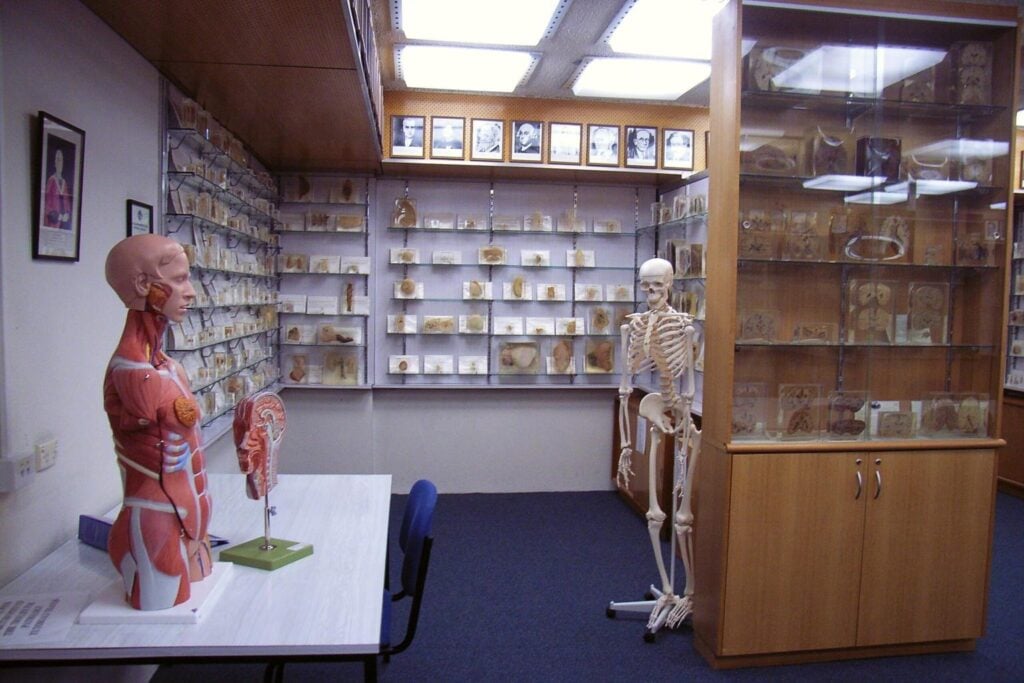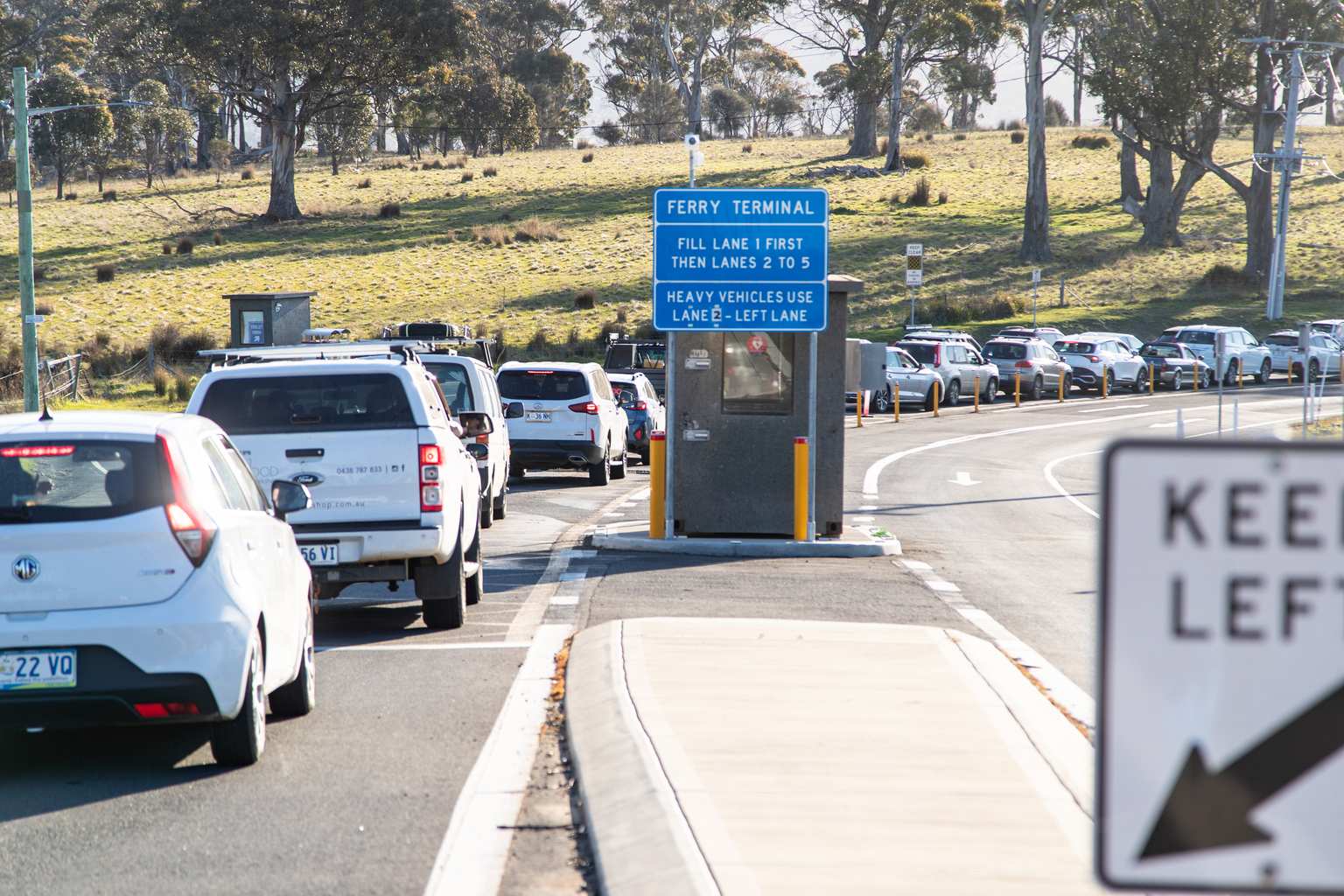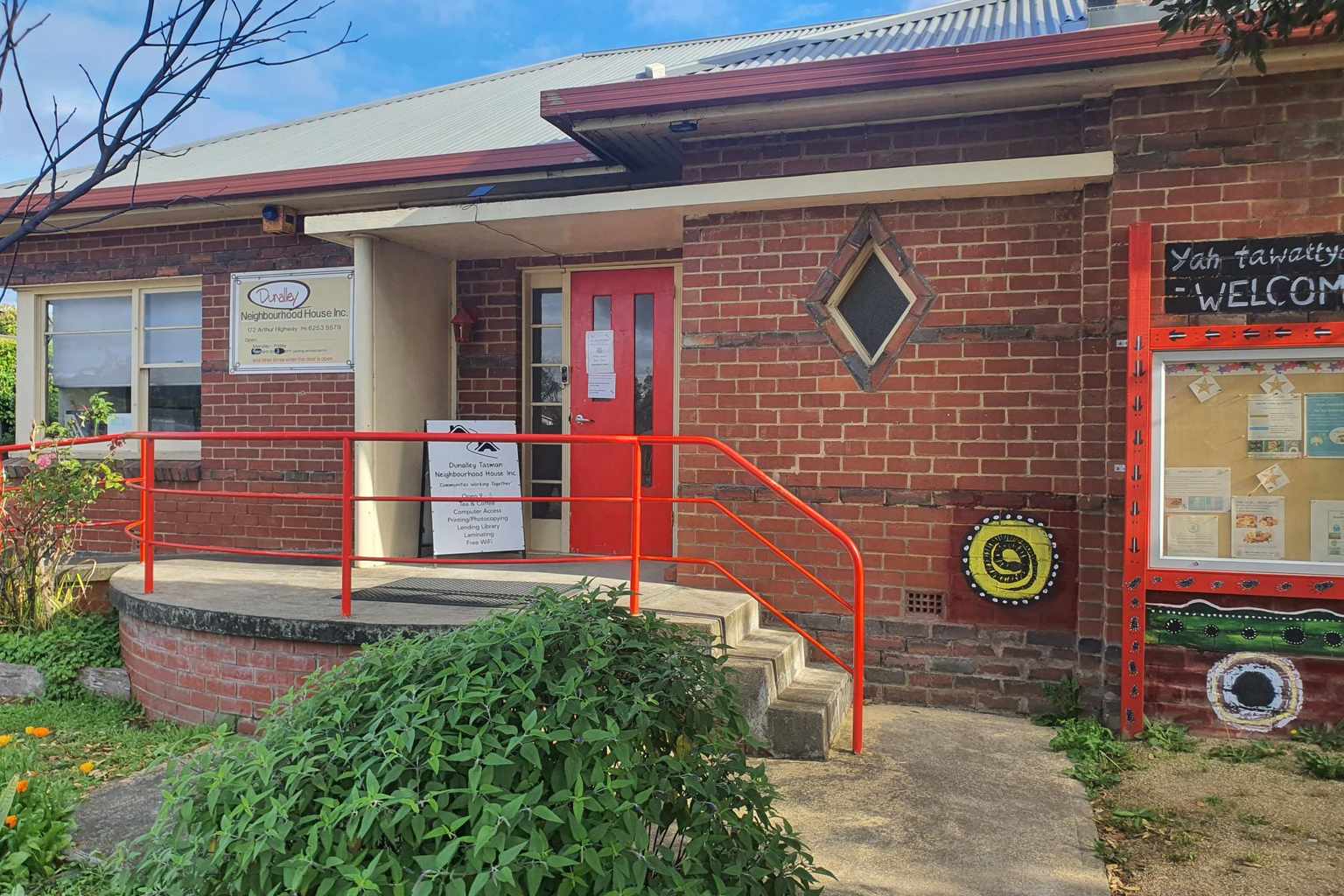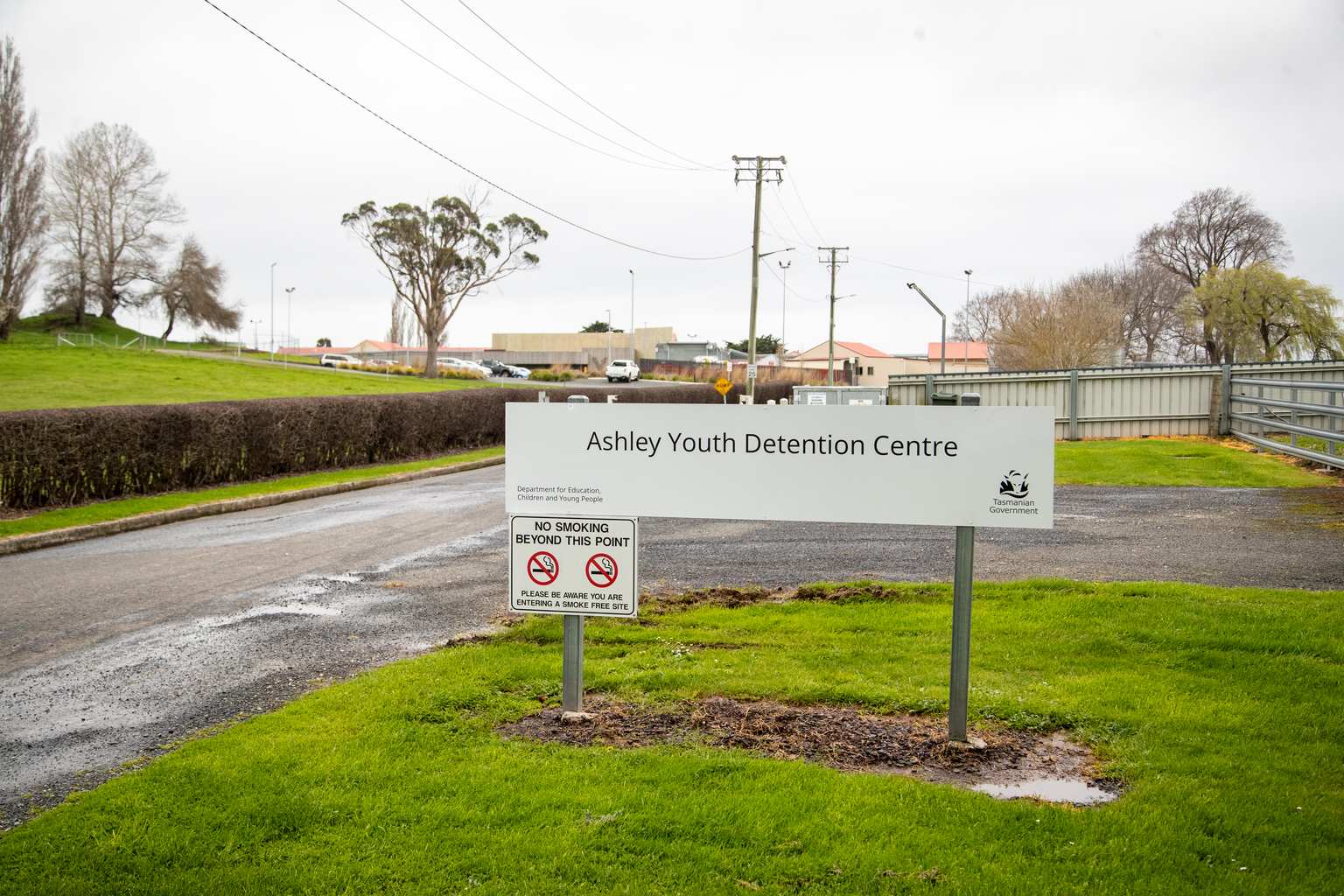A Tasmanian coroner is set to hand down his findings on 147 human specimens that may have been kept by a university medical museum for more than three decades without proper authorisation.
Coroner Simon Cooper will release his report on Thursday, just after 5pm, following an investigation into specimens held at the University of Tasmania’s R.A Rodda Museum of Pathology between 1953 and 1985.
Families of the deceased will be given access to the findings earlier in the week, ahead of their public release.
The body parts and other specimens came to light in February 2016, when the museum contacted the Coroner’s Office to report it may have retained remains from coronial autopsies carried out in previous decades.
In a message on the coroner’s website, Cooper said the retention was never authorised.
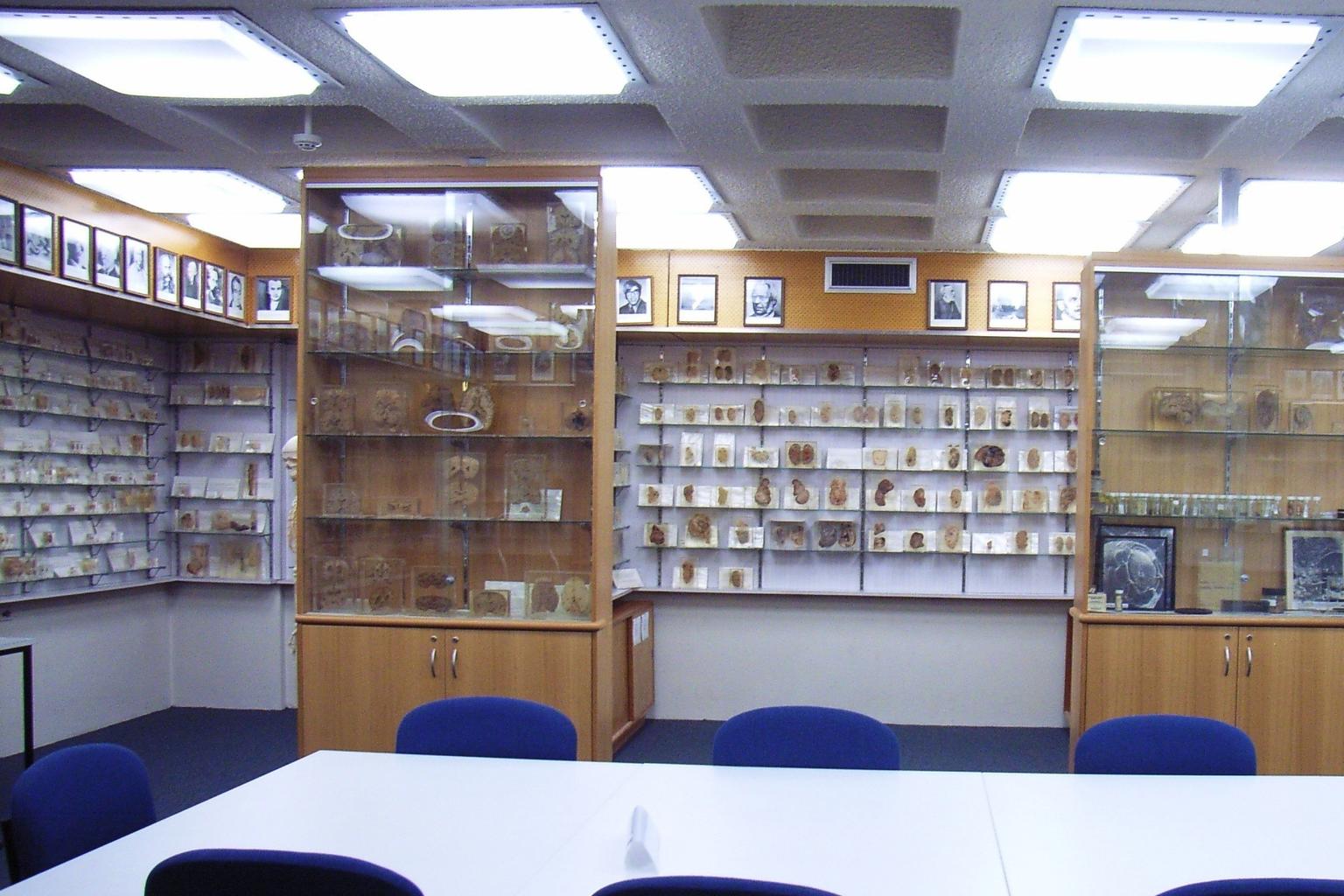
“I wish to emphasise that, until they were reported, the existence of the remains were not known by present or previous coroners or staff of the Coroners Office,” he said.
“Their removal at autopsy to be used as medical museum specimens were not at any direction or order of a coroner.”
Cooper said that once the specimens were reported, he had a legal duty under the Coroners Act to investigate and decide how the remains should be dealt with.
He acknowledged the impact on families, with many of the retentions understood to likely to have happened without their knowledge or consent.
“… I recognise that the discovery of these specimens has been a difficult and painful experience for many,” he said.

He described the case as having “no known precedent in Tasmania” and said it had been “a significant task for the Coronial Division”.
The findings will wrap up a formal investigation that began in early 2024, though the discovery itself dates back several years.

